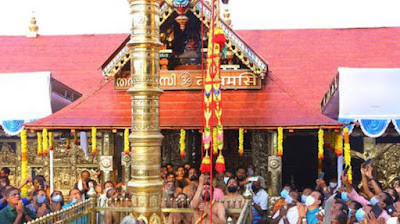📘 सफलता की सीढ़ी – 100 महत्वपूर्ण वस्तुनिष्ठ प्रश्न
"Learning Today, Leading Tomorrow" शिक्षिका एवं संकलक – Poornima Gontiya 📖 विषय शामिल हैं: अंतर्राष्ट्रीय संगठन मध्य प्रदेश सामान्य ज्ञान विटामिन एवं स्वास्थ्य भारतीय संविधान भारतीय दण्ड संहिता (IPC) 🌀 भाग 1 : अंतर्राष्ट्रीय संगठन (International Organizations) संयुक्त राष्ट्र संघ (UNO) की स्थापना कब हुई थी? (A) 1919 (B) 1945 (C) 1939 (D) 1950 UNICEF का मुख्य उद्देश्य क्या है? (A) शिक्षा (B) बच्चों का कल्याण (C) शांति स्थापना (D) चिकित्सा WHO का मुख्यालय कहाँ स्थित है? (A) पेरिस (B) जेनेवा (C) लंदन (D) न्यूयॉर्क IMF का पूरा नाम क्या है? (A) International Money Fund (B) International Monetary Fund (C) International Management Fund (D) International Member Fund UNESCO का मुख्यालय कहाँ है? (A) लंदन (B) पेरिस (C) बर्लिन (D) वॉशिंगटन विश्व बैंक की स्थापना कब हुई थी? (A) 1944 (B) 1950 (C) 1960 (D) 1972 SAARC की स्थापना किस वर्ष हुई थी? (A) 1985 (B) 1980 (C) 1990 (D) 1975 WTO का मुख्य उद्देश्य क्या है? (A) विश्व शांति (B) अंतर्राष्ट्रीय व्...

